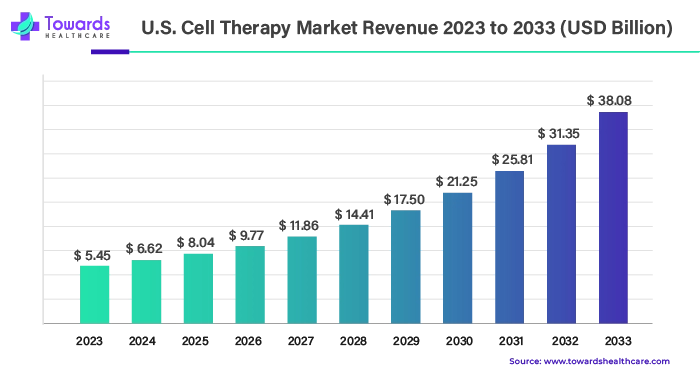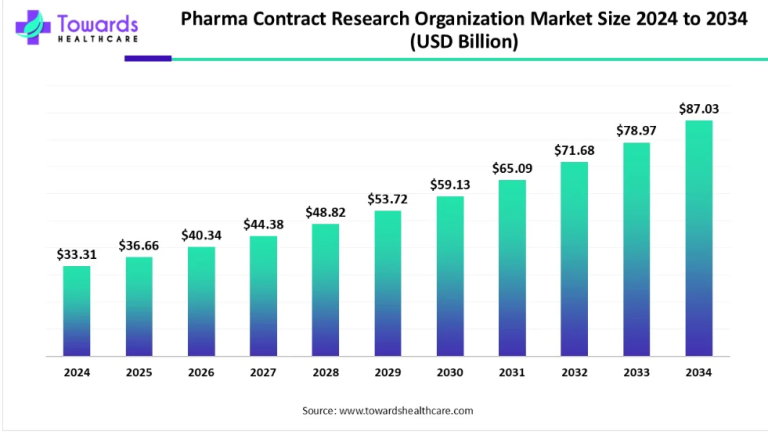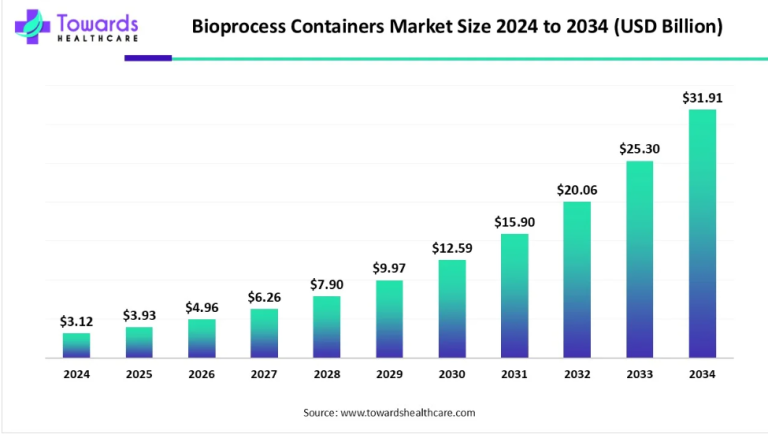
In 2023, the U.S. cell therapy market size reached a significant valuation of US$ 5.45 billion, marking a pivotal point in the healthcare industry’s evolution towards innovative treatment modalities. Projections indicate that by 2033, this market is set to burgeon to US$ 38.08 billion, reflecting a robust compound annual growth rate (CAGR) of 21.46%. This meteoric rise underscores the escalating prevalence of chronic conditions across the U.S., propelling demand for advanced therapeutic solutions.
Understanding Cell Therapy
Cell therapy involves harnessing the regenerative capabilities of cells to treat diseases or repair tissues. Unlike traditional pharmaceuticals, which often alleviate symptoms, cell therapies hold promise in addressing the underlying causes of ailments. This paradigm shift is particularly relevant in chronic conditions such as cancer, cardiovascular diseases, and autoimmune disorders, where conventional treatments have limitations.
Types of Cell Therapies
1. Autologous Cell Therapies
Autologous therapies utilize a patient’s own cells, minimizing the risk of rejection and enhancing treatment efficacy. Procedures involve extracting cells, manipulating them ex vivo, and reintroducing them into the patient.
2. Allogeneic Cell Therapies
Allogeneic therapies employ donor cells that are screened for compatibility with the recipient. They are standardized for broader application but require stringent immunological monitoring to prevent adverse reactions.
Market Dynamics Driving Growth
The expansion of the U.S. cell therapy market is underpinned by several key factors:
1. Increasing Prevalence of Chronic Conditions
The rising incidence of chronic diseases such as diabetes, cardiovascular disorders, and neurodegenerative conditions necessitates novel therapeutic approaches. Cell therapies offer a tailored treatment option that targets disease mechanisms at the cellular level, promising better outcomes and improved quality of life for patients.
2. Advancements in Biotechnology and Research
Technological strides in biotechnology, including genome editing techniques like CRISPR-Cas9, have revolutionized the field of cell therapy. These innovations enable precise modification of cells to enhance therapeutic efficacy and safety profiles.
3. Regulatory Support and Clinical Trials
Government initiatives and regulatory frameworks supporting cell therapy research and development foster innovation and market growth. Additionally, an increasing number of clinical trials validate the safety and efficacy of new cell-based treatments, paving the way for commercialization.
Market Segmentation and Applications
1. Oncology
Cell therapies show promising results in oncology by targeting cancerous cells while sparing healthy tissue. CAR-T cell therapies, for instance, have demonstrated remarkable success in treating certain types of leukemia and lymphoma.
2. Cardiovascular Diseases
Stem cell therapies are being explored for their potential to regenerate damaged cardiac tissue following myocardial infarction, offering hope for patients with heart failure.
3. Neurological Disorders
Research into cell therapies for neurological conditions such as Alzheimer’s and Parkinson’s diseases aims to mitigate neuronal degeneration and restore cognitive function.
Challenges and Considerations
Despite its promising outlook, the U.S. cell therapy market faces several challenges:
- Cost and Accessibility: High treatment costs and accessibility issues pose barriers to widespread adoption, particularly for novel therapies requiring specialized infrastructure.
- Safety and Efficacy: Ensuring the long-term safety and efficacy of cell therapies remains a priority, necessitating rigorous clinical trials and post-market surveillance.
- Regulatory Complexities: Regulatory pathways for cell therapies are evolving, requiring manufacturers to navigate complex approval processes and compliance standards.
Future Prospects and Market Outlook
Looking ahead, the U.S. cell therapy market is poised for exponential growth driven by ongoing research, technological advancements, and increasing acceptance of personalized medicine. Continued investments in infrastructure and healthcare reforms will be pivotal in realizing the full potential of cell-based therapies to transform patient care.
Segment Covered in U.S. Cell Therapy Market Report
By Therapy Type
- Allogeneic Therapies
- Stem Cell Therapies
- Hematopoietic Stem Cell Therapies
- Mesenchymal Stem Cell Therapies
- Non-Stem Cell Therapies
- Keratinocytes & Fibroblast-based Therapies
- Others
- Stem Cell Therapies
- Autologous Therapies
- T-Cell Therapies
- CAR T Cell Therapy
- T Cell Receptor (TCR)-based
- Others
- T-Cell Therapies
By Therapeutic Area
- Oncology
- Dermatology
- Others
To own our research study instantly, Click here @ https://www.towardshealthcare.com/price/5159
Read more about U.S. Cell Therapy Market:
You can place an order or ask any questions, please feel free to contact us at sales@towardshealthcare.com
About Us
Healthcare Web Wire is a premier subsidiary of Towards Healthcare, dedicated to providing comprehensive insights and information related to the healthcare industry. With a commitment to delivering accurate and timely updates, Healthcare Web Wire serves as a vital resource for professionals, enthusiasts, and stakeholders within the healthcare sector. Our platform serves as a central hub for the latest news, trends and developments shaping the healthcare landscape. Join us on Healthcare Web Wire and become part of a vibrant community dedicated to advancing healthcare knowledge and shaping the future of healthcare worldwide.
Explore the comprehensive statistics and insights on healthcare industry data and its associated segmentation: Get a Subscription
For Latest Update Follow Us: https://www.linkedin.com/company/towards-healthcare



